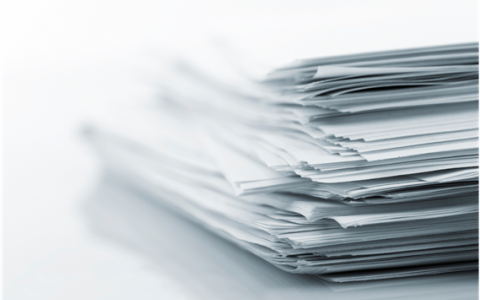Better methods to collect self-reported alcohol and other drug use data from Aboriginal and Torres Strait Islander Australians
Aboriginal and Torres Strait Islander communities experience greater alcohol and other drug misuse and associated harms than non-Indigenous Australians. Alcohol or other drug misuse and associated physical, psychological and social harm occurs at significantly higher rates in many Aboriginal and Torres Strait Islander communities than among non-Indigenous Australians. Reliable population estimates of substance use and dependence are fundamental to inform funding and the design of initiatives to prevent and treat this pattern of harmful alcohol and other drug use. However, severe shortcomings in population data about substance use among Indigenous Australians exist and it is likely that these deficits have contributed to a habitual under-reporting of substance use and related harms. For example, current national estimates of substance use from the largest (and often quoted) Indigenous survey in Australia have been reported to underestimate alcohol use by over 200% for males and 700% for females. In turn this is likely to contribute to underfunding of services to prevent and treat substance misuse. The aim of this commentary is to:
- Summarise the limitations of existing household survey data on substance use among Indigenous Australians
- Suggest approaches that could improve accuracy of self-reported data among this population group.
Such approaches could be applied to key national household surveys and could also be considered as options for improving data collection for non-Indigenous groups, particularly those who may be marginalised or disadvantaged.











